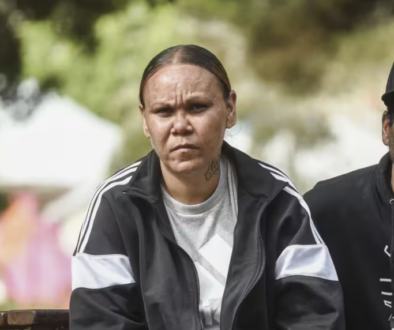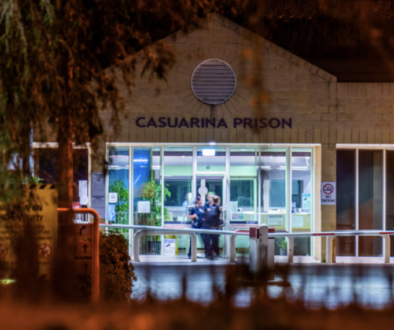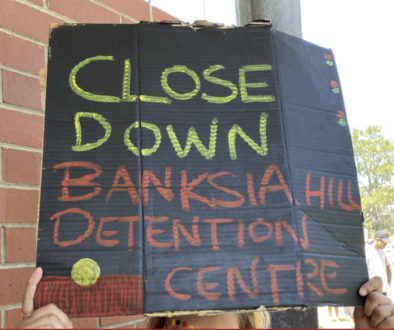Unit 18 prison staff were ‘watching movies’ the night Cleveland Dodd attempted suicide
Key points:
- Cleveland Dodd’ was “let down” by authorities, Paul Papalia says
- He confirmed a litany of failures by prison staff reported by the ABC
- He said “significant cultural change” was needed
Prison officers inside the notorious Unit 18 youth detention facility were “resting or watching movies” on the night Cleveland Dodd was found unresponsive in his cell, WA Corrective Services Minister Paul Papalia has admitted.
The 16-year-old died in hospital last month, a week after he tried to take his own life while detained in the Unit 18 youth wing within Perth’s maximum-security adult Casuarina Prison — becoming the first recorded child to die in WA detention.
Earlier this week, an ABC investigation looking at the minutes before Cleveland was found in his cell uncovered a litany of errors, which failed to prevent the teenager’s attempt to end his life and compromised the emergency response.
Mr Papalia largely confirmed those details on Friday morning, including that the camera inside Cleveland’s cell was covered with toilet paper and that Cleveland’s attempts to ask for help and warn he would try take his own life were not acted upon right away.
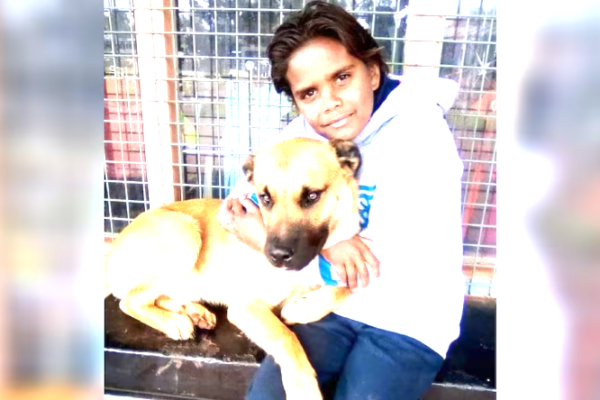
He said there had been “serious failures” on the night, including staff not carrying radios and Cleveland not being placed on an internal “at-risk” register despite making threats to self-harm.
“Individually none of these things are acceptable,” Mr Papalia said.
“Collectively, they are disturbing and confirm the need for significant cultural change.”
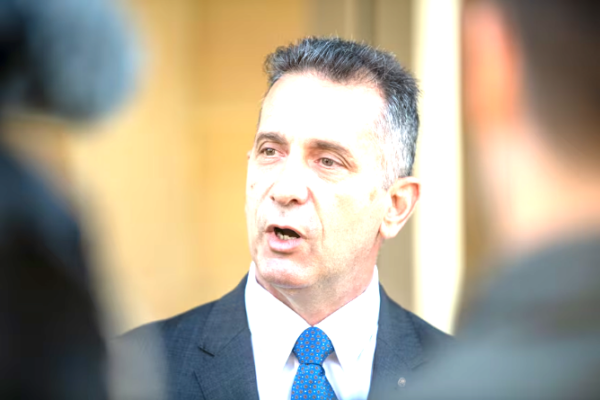
He said the fact Cleveland had died was a “devastating tragedy”.
“Put simply, we let him down,” Mr Papalia told journalists.
Unit 18 to remain open
The details released today form part of an interim Justice Department report, although a number of key staff have not yet been interviewed because they are on workers’ compensation leave.
A coronial inquest and a Corruption and Crime Commission investigation will also examine what happened.
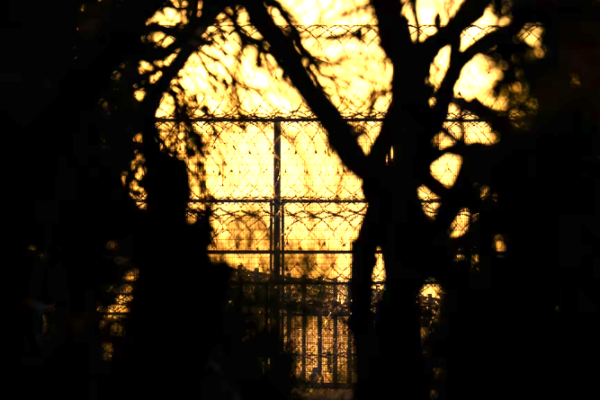
“In my view the internal investigation has clearly uncovered significant failures,” Mr Papalia said.
“It appears staff were resting or watching movies at the time Cleveland self-harmed.
“Cleveland should not have remained in a damaged cell where something of this nature could occur.”
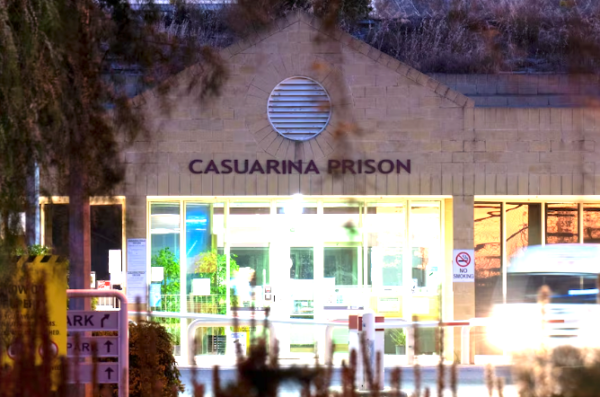
Cleveland’s death has led to growing calls for the government to shut down Unit 18, but Mr Papalia again insisted it could not happen yet.
The facility was set up last year as a temporary space to house what the government has labelled a difficult cohort of detainees who would otherwise be held at the Banksia Hill Juvenile Detention Centre, the state’s only youth detention facility.
“Unit 18 is the only suitable location we have to house this small cohort of challenging complex and very often dangerous juveniles,” Mr Papalia said.
“Unit 18 is not what we want, and it will be closed as soon as another suitable location is created.”
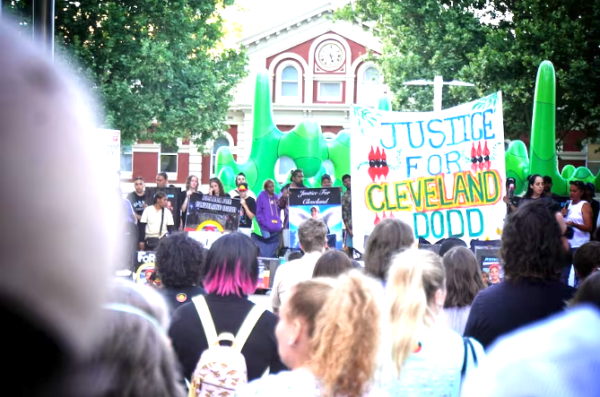
Days after Cleveland’s death, the WA Government announced it was replacing the commissioner of corrective services, Mike Reynolds, despite the 35-year veteran of the department having been appointed to the role for a five-year term just last year.
He was replaced by Brad Royce, who had been serving as Assistant Commissioner of WA Police.
Mr Royce said he would be rolling out a new body-worn camera system for prison staff, allowing live stream footage to be viewed by those in the control room, and starting infrastructure works which would give detainees more time out of their cells.
“The team must be properly trained, developed and capable, and we need to be building leaders within our workforce,” he said.
“I still have more to understand about Corrections, but I am already identifying opportunities working with my team to improve.”
Indigenous justice advocate Gerry Georgatas said Cleveland’s family, were mourning a son, brother and grandson who would be “buried before his time, long before”.
“Our loved one’s memory must be of changes that guarantee young lives supported,” he said in a statement.
“Change is not delivered by words alone.”
Government ‘arrogance’ responsible, says Opposition
Opposition corrective services spokesman Peter Collier said Cleveland’s death was entirely preventable.
“If this arrogant government had just listened from day one, 18 months ago, and not opened Unit 18, we wouldn’t be here today,” he said.
Mr Collier argued a change in culture in corrective services needed to start from the top.
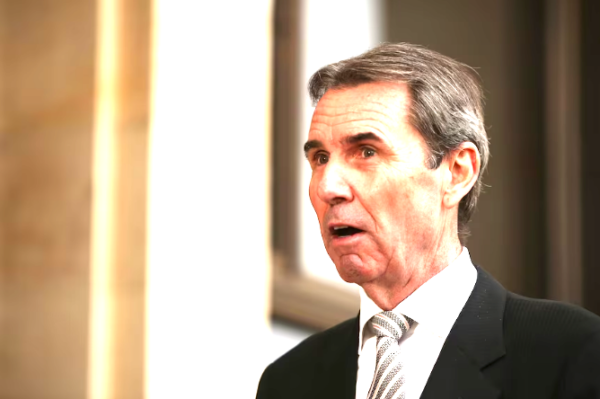
“The public service will always act at the whim of their minister and when you’ve got a minister and a premier, espousing the virtues of ‘lock them up’ [and] of demonising the juveniles, that won’t change,” he said.
“We have lost the life of a 16-year-old boy [and] we could have saved that life had the culture, from above, permeated through into Unit 18.”
WA’s Commissioner for Children and Young People, Jacqueline McGowan-Jones, said cultural change was desperately needed.
“These are children and young people with really complex needs and the cultural shifts need to be an understanding that anybody who is locked down for 15, 20, 23 hours a day is going to build anger and rage,” she said.
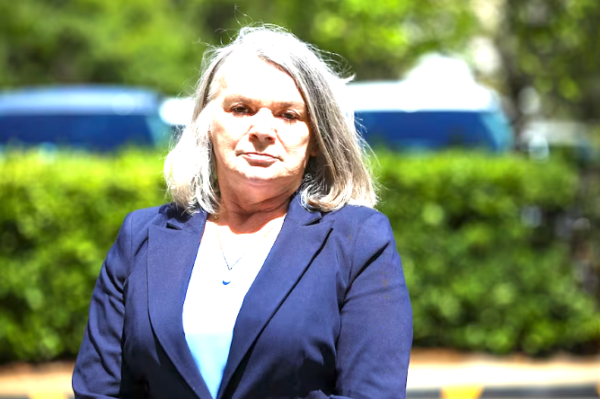
“When they have neurodivergence issues or other impairments or cognitive and learning disabilities, they don’t know how to manage their rage, they don’t have behavioural regulation.
“No staff member should be hurt at work, no staff member should be at risk … but we also need to recognise if we don’t change the way we talk about these young children … you won’t get a cultural change that mean the staff want to engage with them.”
Contact us
Please provide a brief description of your claim.

